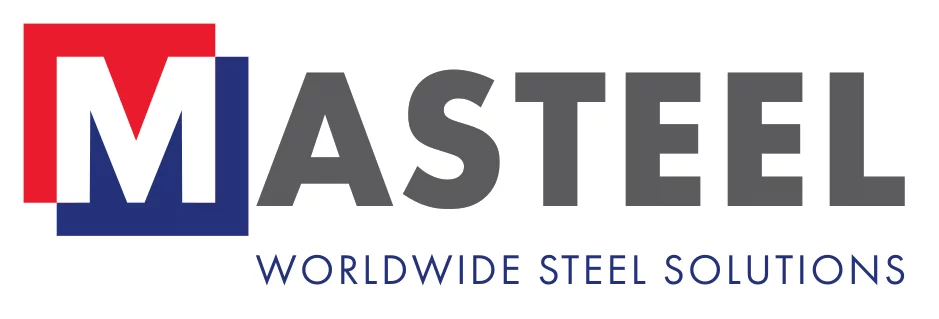Type 316 Stainless Steel
After 304, this is the most common stainless steel on the market. Again it is an austenitic grade with the addition of 2–3% molybdenum which further improves corrosion resistance. It is often referred to as a marine grade stainless steel because of its effective resistance to chloride corrosion in comparison to other stainless steel grades.
The material has superior welding and forming qualities. Grade 316 will require post-weld annealing to promote maximum corrosion resistance, though this is not necessary if Type 316L is used.
Origins from the Paper Industry
The steel was initially produced for the paper producing industry as it has been shown to be highly resistant to the sulphur compounds used in paper processing.
Typical applications for this material are now widespread due to its superior corrosion resistance properties when compared to Grade 304. Type 316 stainless can be found in heat exchangers, pharmaceutical equipment, dairies and breweries, marine fittings, coastal architectural fascia and fittings and in food preparation areas.
316 & 316L steel plate and pipes have common properties and are often stocked with Dual Certification, where it is determined that both have properties and composition which comply with both steel types.
Type 316H is excluded from this scenario by virtue of the fact that unlike 316 & 316L, 316H is engineered to work in elevated working temperatures.
Mechanical Properties of Type 316
| Description | Type 316 |
|---|---|
| Proof Stress 0.2% (MPa) | 205 |
| Tensile strength (MPa) | 515 |
| Elongation A5 (%) | 40 |
| Hardness | HB: 217 HRB: 95 |
Chemical Composition of Type 316
| UNS No | S31600 |
| EN | 1.4401 |
| AISI | 316 |
| Carbon (C) | 0.08 |
| Silicon (Si) | 0.75 |
| Manganese (Mn) | 2.00 |
| Phosphorus (P) | 0.045 |
| Sulphur (S) | 0.030 |
| Chromium (Cr) | 16.00 – 18.00 |
| Molybdenum (Mo) | 2.00/3.00 |
| Nickel (Ni) | 10.00 – 14.00 |
| Nitrogen (N) | 0.10 |
